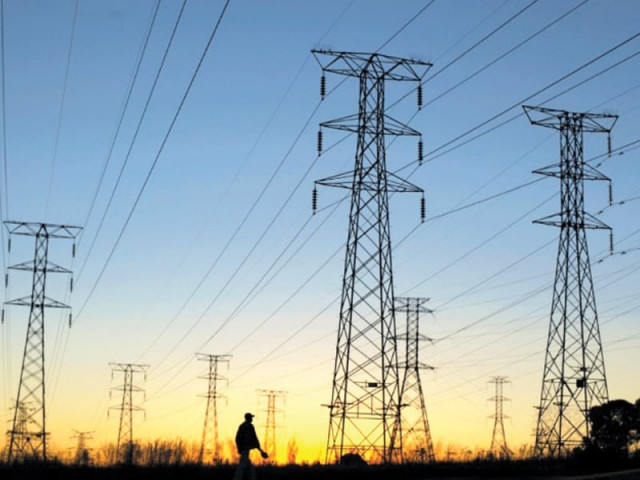Supporting the poor: PPAF launches €10 million renewable energy project
Rural population to get access to clean energy, conserving firewood and oil.

The project is funded through the German Development Bank (KfW) and is expected to be followed by a second phase of 12.5 million euros.
PHOTO: FILE
The project is funded through the German Development Bank (KfW) and is expected to be followed by a second phase of 12.5 million euros.
The project was launched at a ceremony held at the Islamabad Club, chaired by Khyber-Pakhtunkhwa’s former caretaker chief minister Shamsul Mulk.
Deputy Head of Mission German Embassy, Peter Felten, Head of Division, Crisis and Governance, KfW, Jens Clausen, PPAF CEO Qazi Azmat Isa and officials of PPAF’s partner organisations were present.
The project will be implemented with the assistance of six PPAF partner organisations, which will be working in close collaboration with the Government of Khyber-Pakhtunkhwa and local stakeholders.
Project districts – Chitral, Upper Dir, Lower Dir, Swat, Buner, Swabi, Karak, Bannu, Hangu and Lakki Marwat – have been selected on the basis of poverty ranking and potential for renewable energy resources.
According to the PPAF, the project will contribute to improving general living conditions and quality of life of the poor in the province. It will help increase access to energy for off-grid rural communities, reduce use of firewood, kerosene and diesel as a source of energy, increase employment and income generation opportunities through promotion of productive usage of energy and strengthening of civil society organisations and enhance participation of locals in decision-making.
Under the project, the rural and off-grid communities in the targeted districts will be provided with renewable energy using different technologies such as mini and micro hydropower, solar lighting systems and solar-powered integrated water-efficient irrigation.
A limited number of renewable energy projects using wind-hydro-solar hybrid systems will also be piloted. The produced electricity will not only be used for lighting purposes but small and medium enterprises will also be established, which will increase household income, add value to local products and transform lives of the poor and marginalised communities, the PPAF says.
In renewable energy, the PPAF has so far supported more than 700 projects of diverse types and various capacities. These include mini and micro hydroelectric projects, solar lighting and water pumping systems, wind energy, solar-wind hybrid systems, pressurised irrigation systems and biogas plants.
Published in The Express Tribune, October 31st, 2013.
Like Business on Facebook, follow @TribuneBiz on Twitter to stay informed and join in the conversation.



















COMMENTS
Comments are moderated and generally will be posted if they are on-topic and not abusive.
For more information, please see our Comments FAQ